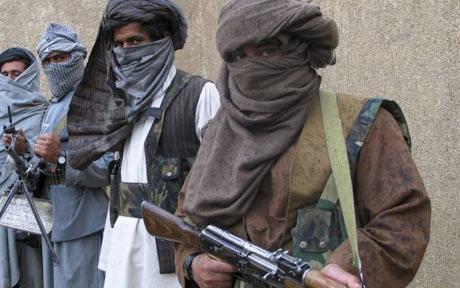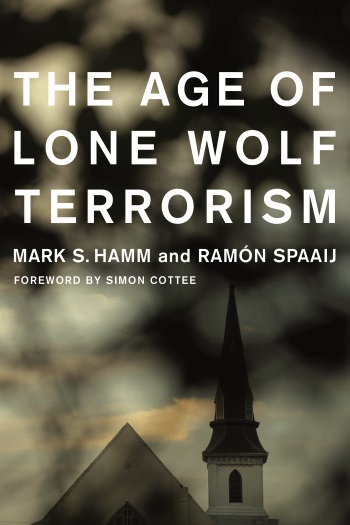The Taliban aren't so tribal

This month the Le Monde Diplomatique Web site has a fascinating podcast interview with Patrick Porter, author of Military Orientalism: Eastern War Through Western Eyes, about his recent article “Culture Wars in Afghanistan.”
In the article and interview, Porter, who is also a lecturer in the Defense Studies Department at the British Defense Academy, King’s College, University of London, argues that while the United States’ is right to recognize that military and technological superiority is not enough to win the war in Afghanistan, the turn to culture is not without its problems. More specifically, Porter believes that the U.S. understanding of Taliban and Afghan culture falls prey to essentializing and misunderstanding.
The belief that the Taliban is a rigid, tribal culture has led the United States to underestimate its enemy’s ability to change. The Taliban can be realists and have changed their position on narcotics, suicide bombing, and even music to help further their cause. For instance, they often produce propaganda in the form of hip hop or find justification in the Koran to support suicide bombing. Moreover they embrace both technology and the profits from the trade in narcotics to help their efforts.
Porter concludes his article, writing:
Culture matters. New attention to the social worlds of foreign societies has helped the US army reform itself as more effective and humane. In a war of insurgency, communal conflict or state breakdown, it helps to be prepared.
But because culture can be treated at many levels of sophistication, the word should always make us nervous. We may never banish the mythologized Oriental from our consciousness. Like fear of death and darkness, it is too powerful to be fully exorcized and will remain a silhouette on our mental horizon. But the fluidity and hybridity of the Taliban and al-Qaeda demonstrate that war jumbles and connects as well as polarizes. No culture, however strange, is an island.


